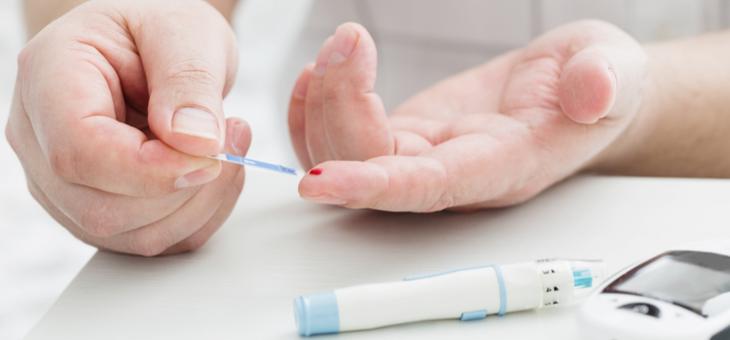One Australian develops diabetes every five minutes, according to Diabetes Australia, making it the fastest growing chronic health condition in the country.
And for every person diagnosed with diabetes, there is usually a family member or carer who also ‘lives with diabetes’ every day in a support role. This means that an estimated 2.4 million Australians are affected by diabetes every day.
On World Diabetes Day, the focus is squarely on what health professionals call “the 21st century epidemic”.
Around 1.7 million Australians have diabetes. This includes all types of diagnosed diabetes (1.2 million known and registered) as well as silent, undiagnosed type 2 diabetes (up to 500,000 estimated). There is also a third form, gestational diabetes, which can affect pregnant women.
The Federal Government reminds sufferers that it is set to implement changes to the list of subsidised items available through the National Diabetes Services Scheme (NDSS) from 1 December.
Most people registered with the NDSS will not be affected by the changes, but up to 600,000 are likely to see some savings, the Health Department advises.
“The management of diabetes requires constant self-care and monitoring and if complications develop, [it] can have a significant impact on quality of life and can reduce life expectancy,” Federal Health Minister Greg Hunt said.
“These changes will reduce the costs for many families around Australia who are managing their diabetes.”
Products affected by the change include blood glucose test strips, which will reduce in price by $2 for general patients, and insulin pump infusion sets, which will decrease by $4.70.
When someone has diabetes, their body can’t maintain healthy levels of blood glucose – a form of sugar that is the main source of energy for our bodies – and unhealthy levels of glucose in the blood can lead to long-term and short-term health problems. For example, diabetes:
- is the leading cause of blindness in working age adults
- is a leading cause of kidney failure requiring dialysis
- increases the risk of heart attacks and stroke by up to four times
- is a major cause of limb amputations
- affects mental health as well as physical health, with depression, anxiety and distress occurring in more than 30 per cent of all sufferers of the disease.
So what can we do to slow the advance of the disease? Diabetes Australia says a few simple lifestyle changes can make a huge difference to your risk of developing type 2 diabetes.
1. Regular exercise
Working out will increase your body’s insulin sensitivity, making your cells more effective in transforming glucose into energy. Light, but consistent exercise such as a 30-minute walk can even reduce risks of diabetes by 30 per cent. Not up to a workout? Put on some music on and dance around your living room.
For every two hours of television viewing, you are 20 per cent more likely to develop diabetes and 15 per cent more vulnerable to heart disease.
2. Quit smoking
The average smoker is 44 per cent more likely to develop diabetes.
3. Limit carb intake
Diabetes Australia says there is strong evidence that low carbohydrate diets can lower insulin by 50 per cent and blood sugar levels by 12 per cent. When choosing which carbs to consume, opt for whole grains. Studies revealed that the daily consumption of two servings of whole grains can reduce risks of type 2 diabetes by 21 per cent in contrast to those on a no-grain diet. Consider brown rice, oatmeal and quinoa as an addition to your next meal.
4. Limit sugary drinks
A study has revealed that women who drink 1–2 sugar-sweetened beverages per day were at 83 per cent higher risk for developing type 2 diabetes.
5. Eat less red meat
Red meat lovers will be sad to know that red meat is actually associated with a higher risk of type 2 diabetes. A study has found that just eating a daily palm-sized amount of red meat will increase your risks by 20 per cent. Instead, opt for poultry, fish and whole grains.
Are you living with diabetes? Can you make lifestyle changes to manage the condition?
Related articles:
Diabetes drug reduces memory loss
Diabetes doubles chance of death
Diabetes and hearing loss
Disclaimer: This article contains general information about health issues and is not advice. For health advice, consult your medical practitioner.

